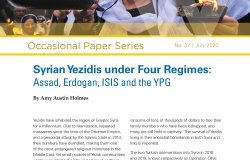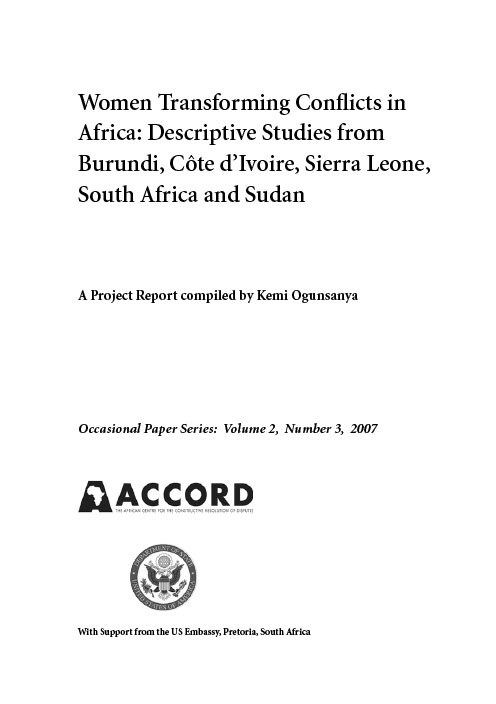Occasional Paper Series
Occasional Paper Series The Weissman Center’s Occasional Paper series features data driven practical perspectives on current issues in international business with a particular focus on the New York regional economy and its global linkages. Its purpose is to provide free information to students, businesses and the general public. FICHL Occasional Paper Series No. 6 (2016 ) ± page 4 phorus in Gaza (2009). 9 This report is an attempt at an objective invest i-gation into the use of WP weapons in Gaza, but it has been subjected to strong criticism, particularly from Israeli officials. 10 However, the report documents important facts about the use of WP in a specific mil itary.

The Occasional Paper Series is a forum for work that extends, deepens, and challenges the progressive legacy on which the College is built. The series seeks to promote discussion about what it means to educate in a democracy and to meet the interrelated demands of equity and excellence.
Reeve Occasional Paper Series
We are interested in research, practice, and policy-based papers from a broad array of theoretical perspectives. We encourage authors from within and outside the Bank Street community who employ either traditional or non-traditional representational strategies to submit their work for review.

Occasional Paper Series #44
Series Spotlight
Bank Street Occasional Paper Series

As our nation continues to grapple with a harrowing public health crisis and systemic racism, we’d like to highlight the following editions of the Occasional Paper Series, which can offer insight into how these issues and others translate into classrooms and other settings where children learn.